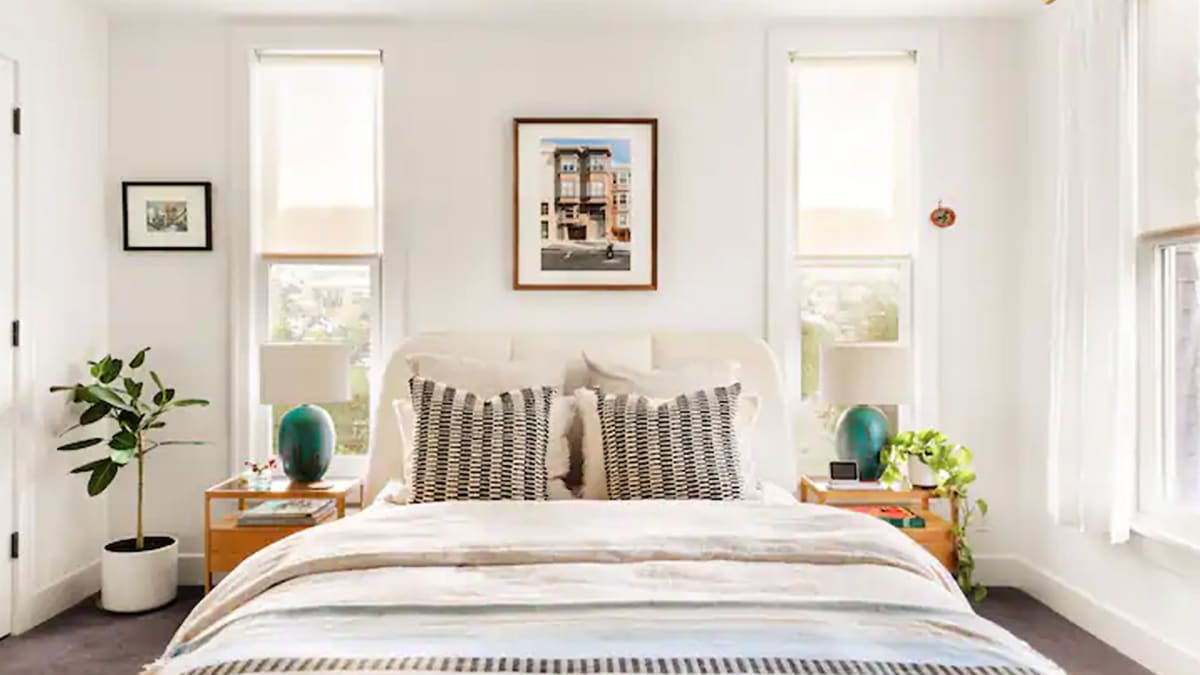
The concept of renting out your home to guests has wholly revolutionized the travel industry. The San Francisco-based company Airbnb (ABNB) started with one guy renting a room in his apartment to guests.
In 2010, the company debuted its now famous app, allowing travelers to book rooms, apartments, and homes instantly. The following year, Airbnb went global, providing a more private, homey alternative to staying at a hotel.
When the spring of 2020 saw the entire world shut down thanks to the covid-19 pandemic, many assumed that, like most travel-based businesses, Airbnb would struggle to stay afloat. But as locals got cabin fever while they were trapped in their homes for months on end, Airbnb suddenly provided a safe outlet for mini-vacations and a change of scenery. The company continued to flourish -- posting impressive net income through 2021, finishing the fourth quarter with a record $55 million.
Airbnb certainly blazed a new trail through the travel industry, but any groundbreaking will come with some trial and error. Airbnb recently made its global policy prohibiting the use of Airbnb rentals for parties a permanent rule after people were (maybe predictably) using the service to host gatherings and outsource party cleanup.
Recently Airbnb had to add another policy to its terms -- one that you might think would go without saying, but here we are.
View the original article to see embedded media.
Airbnb Prohibits the Rental of Former Slave Housing
In July, Airbnb went viral for a rental listing of “an 1830s slave cabin” on a plantation in Greenville, Mississippi. The listing was discovered by lawyer Wynton Yates, who posted a TikTok decrying the idea that someone would visit -- or profit off of -- a place with such a painful history. The cabins were slated as a cozy piece of nostalgia rather than an honest, educational experience fit for the gravity of the subject.
Airbnb removed the listing and issued an apology for the time spent on the site, then began devising a policy to prevent similar listings from appearing on Airbnb. Two weeks ago, the company changed its terms, which now state that structures built for the purpose of housing enslaved people can no longer be listed, and properties of the era are prohibited from advertising based on “slave-related features”.
Airbnb is the Wild West
Airbnb rose in popularity thanks to its concept and its easy booking system. But no matter how efficient the system, customers and hosts can introduce an element of chaos -- and it's not always as harmless as someone hosting a messy party. This instance is an opportunity for a worldwide company to put better practices in place to handle problematic listings more efficiently.
The company has also come under recent fire for other harmful renter practices. In major cities across the U.S., investors are scooping up properties solely to rent as Airbnb or Expedia Group (EXPE) competitor Vrbo properties. Meanwhile, several of these cities are experiencing housing shortages, making it hard for city residents to find affordable rentals.
The situation proves once again that businesses must be diligent about how their platforms are used thanks to the neverending chaos of humans.







